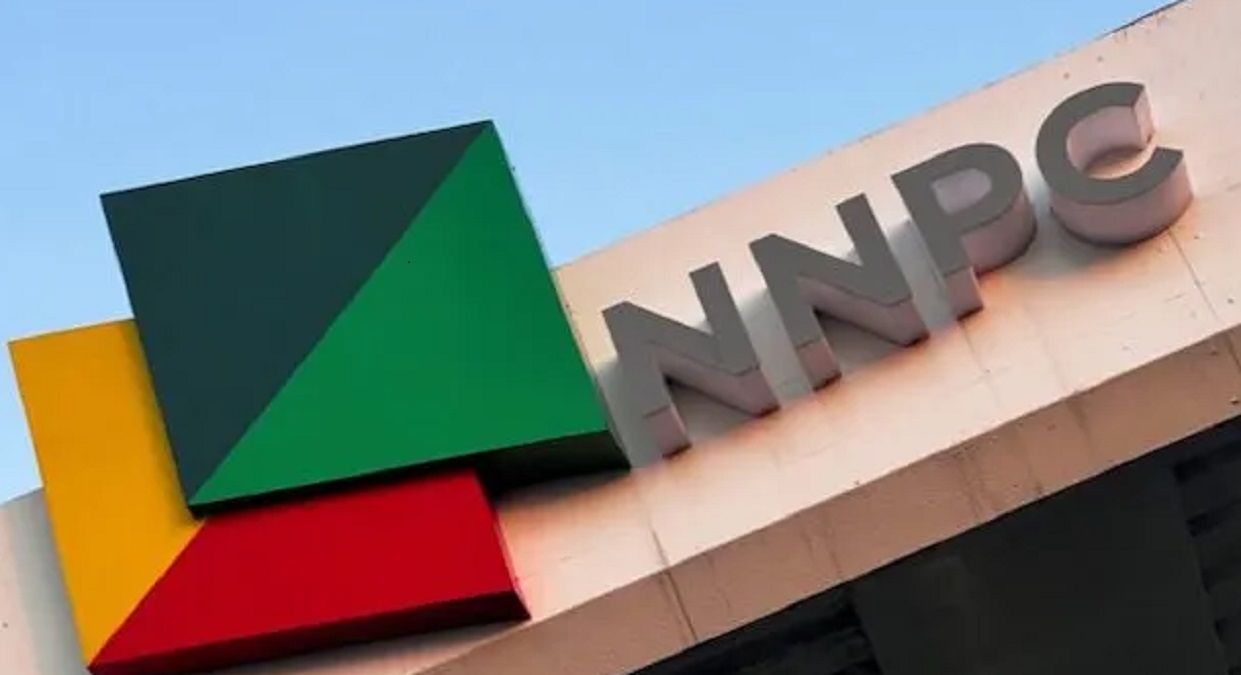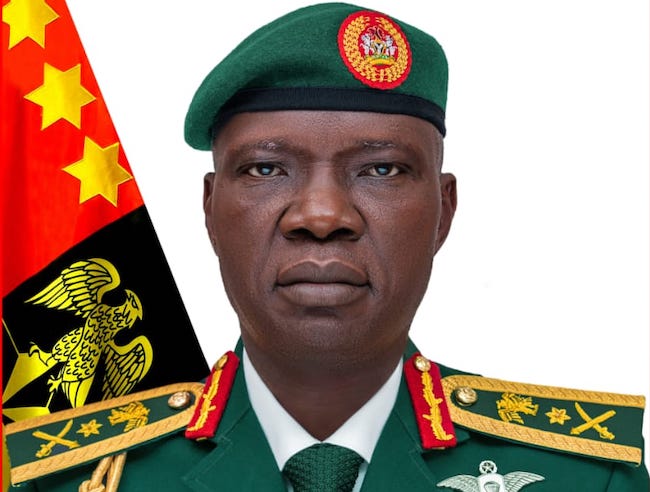By Ireoluwa Adeniji
Give a dog a bad name and hang it is an old English proverb that seems to fit into the stories swirling around the state-owned Nigerian National Petroleum Company Limited since the allegations credited to Alhaji Aliko Dangote, President of Dangote Refinery.
Give a dog a bad name and hang it is an old English proverb that seems to fit into the stories swirling around the state-owned Nigerian National Petroleum Company Limited since the allegations credited to Alhaji Aliko Dangote, President of Dangote Refinery. Alhaji Dangote who is going through the birth pangs of his refinery project had thrown the can at the NNPC over the difficulties facing his refining business.
Dangote had complained that a cabal in the industry was frustrating his refinery and, as reported by an online newspaper, was quoted as saying, “Let them (NNPCL) buy me out and run the refinery the best way they can. They have labelled me a monopolist. That’s an incorrect and unfair allegation, but it’s okay. If they buy me out, at least, their so-called monopolist would be out of the way.”
It is not difficult to understand Dangote’s tantrums having put in about $20 billion into the refinery, especially when he has had to face up to problems getting crude oil supply on account of supply chain problems and is still worried about how to sell his products in the local market. Nigerians indeed want an end to importation, what with its drain on foreign exchange and frequent scarcities. However, not a few were alarmed when the Nigerian Midstream and Downstream Petroleum Regulatory Authority, the industry regulator, revealed that Dangote Refinery had requested that it ban importation since it was now producing the fuels required.
According to Farouk Ahmed, “Dangote is requesting that we suspend or stop importation, especially of AGO and DPK, and direct all marketers to his refinery. That is not good for the nation in terms of energy security, and it is not good for the market because of the monopoly.”
Curiously, Dangote has not refuted the monopoly allegations made by Ahmed, rather he has gone on a wild goose chase for enemies, alleging at the Federal House of Representatives that “Some of the NNPC people and some traders have opened a blending plant somewhere off Malta”, insinuating that it was the reason this so-called cabal does not want to stop importing fuel even now that he has a refinery in place.
In response, NNPC Group CEO Mele Kyari said, “I do not own or operate any business directly or by proxy anywhere in the world with the exception of a local mini Agric venture. Neither am I aware of any employee of the NNPC that owns or operates a blending plant in Malta or anywhere else in the world. I strongly recommend that such individuals be declared public and be made known to relevant government security agencies for necessary actions in view of the grave implications for national energy security.”
Casting the NNPC as an enemy when in truth the group under the leadership of Kyari has always pushed for the success of private refineries, including Dangote’s, came as a surprise to many. This is because it was Kyari as NNPC GMD who pushed for NNPC’s investment in Dangote Refinery in 2021 at a time when the project was facing financing problems.
Though the NNPC intended to buy 20 percent of the refinery, it eventually paid for 7.2 percent, because of a strategic realignment of its investment portfolio in the overriding national interest at the time. Ofcourse, it is not news to anyone that the NNPC under the last administration was called on to bridge some critical funding gaps leading to crude-for-debt deals. The payment commitments reduced the amount of disposable crude available to the NNPC for meeting other obligations to less than 200,000 barrels daily thereby creating the supply-chain problems Dangote has faced. This figure is less than a third of the daily need of Dangote Refinery, which is 650,000 bpd (barrels per day), which is why
Dangote has to source from Independent Oil producers over whom the NNPC has no control.
Dangote and the NNPC should be partners in progress because of the latter’s commitment to local refining, which was prioritised after Kyari’s appointment in 2019. After years in which the group left its refineries to idle away, Kyari ramped up a plan to repair the four refineries in Port Harcourt, Warri and Kaduna. With major engineering fixes done, the Port Harcourt and Warri refineries will come on stream before the end of 2024, while extensive work has progressed on Kaduna refinery. Meanwhile, it is noteworthy that since Kyari was appointed, the company at great cost has prioritised and ensured that product supply gaps are few and far between and quickly fixed, ensuring that Nigerians have fuel all-year round.
However, despite the best efforts of the NNPC to address the crude oil supply problem, Dangote must also look at its pricing template which raised the allegations of monopolistic tendency from marketers and compelled the regulator to refuse his request to ban imports. This comes from the perception problem that Dangote has in the industries where he operates.
The case against Bua in the cement business is ongoing where Dangote has been accused of benefiting unfairly from government waivers and concessions aside from a scorched-earth competitive strategy that virtually makes him the price setter and monopoly. That model will not work in the oil industry which is a critical sector of the economy.
• Adeniji, an oil industry analyst, lives in Lagos.
In this article:

